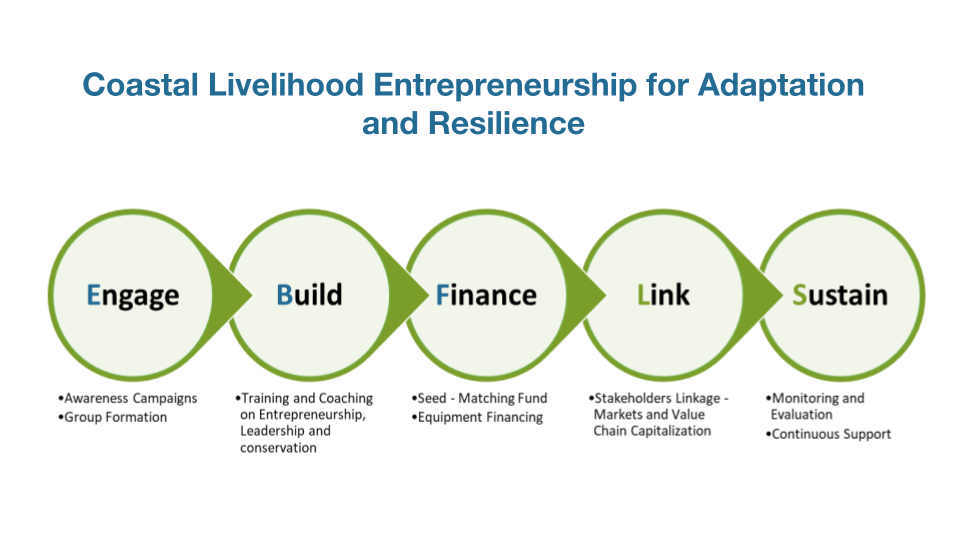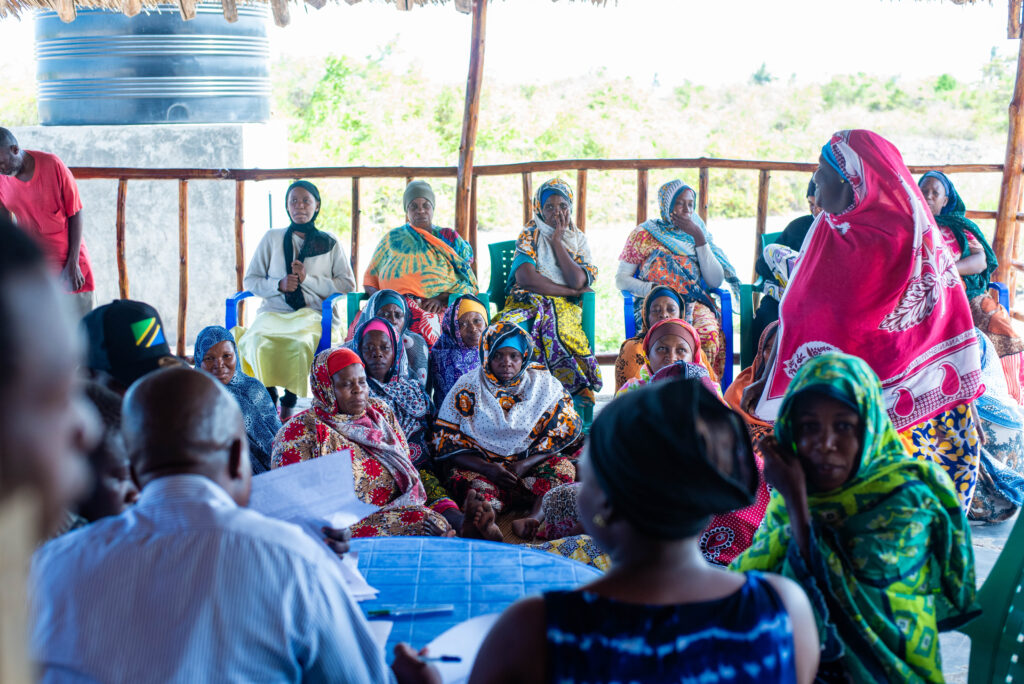How Aqua-Farms is Addressing Climate Change Along Tanzania’s Coast
In 2024, global temperatures reached unprecedented highs, surpassing the critical 1.5°C warming threshold. This alarming development has profound implications, especially for coastal communities in the Global South, who are disproportionately affected by climate change. In Tanzania, where many livelihoods depend on marine resources, the need for effective climate resilience strategies is more pressing than ever.

Aqua-Farms Organization Undertaking a Dual Approach to Sustainability
Aqua-Farms Organization (AFO) is a Tanzanian non-profit dedicated to marine conservation and the improvement of community livelihoods along the country’s coastline. Recognizing the intricate link between environmental health and economic stability, AFO implements initiatives that address both ecological preservation and socio-economic development.
Marine Conservation Efforts
AFO’s marine conservation strategies are multifaceted, focusing on:
- Habitat Restoration: AFO is actively restoring critical marine habitats, such as coral reefs and mangroves, which are essential for biodiversity and act as natural barriers against coastal erosion. For instance, the “Matumbawe-Hai” project in the SOMAKI Coastal Fishery Management Area (CFMA) that aims to revitalize marine ecosystems through co-management and habitat restoration that is being implemented in Kilwa seascape.
- Sustainable Fisheries Management: Collaboration with local fishing communities, to promote practices that will ensure the long-term health of fish populations, balancing ecological needs with economic interests. This also reflecting part of implementation of an activity implemented by AFO under the USAID Heshimu Bahari (Respect the Ocean) project in Kilwa seascape (Southern Tanzania)
Community Livelihood Improvement
Understanding that environmental conservation must go hand-in-hand with economic development, AFO is continuously supporting the coastal communities through:
- Alternative Livelihood Programs: AFO is providing training in sustainable aquaculture, VSLA’S, beekeeping, eco-tourism, and seaweed farming, offering communities viable economic alternatives that reduce pressure on marine resources. The Africa Fair Seaweed Finance Facility (AFSFF) is one such initiative empowering coastal communities through the COASTAL LIVELIHOOD ENTREPRENEURSHIP FOR ADAPTATION AND RESILIENCE (CLEAR) model, this project currently on ground in Tanga region shows potential around seaweed micro-credit and financing.

- Capacity Building: Continuous efforts in educating and empowering local populations, especially women and youth, AFO cultivates stewardship of marine resources and enhances community resilience against climate impacts.

Aligning with Global Initiatives
Moreover, AFO’s work also aligns with international efforts like the United Nations Decade of Ocean Science for Sustainable Development (2021–2030), aiming to reverse the decline in ocean health. This is now contributing to goals such as creating a clean, healthy, and resilient ocean, thus AFO ensures that local actions resonate on a global scale.
However, it is important to remember that the record-breaking temperatures of 2024 serve as a stark reminder of the urgent need for integrated approaches to climate resilience. Aqua-Farms Organization is already on ground with both pilot and main initiatives on how targeted interventions in marine conservation and community livelihood improvement can create sustainable and resilient coastal communities in Tanzania. This is through habitat restoration, sustainable resource management, and economic empowerment and in the bigger picture addressing the complex challenges posed by climate change.
